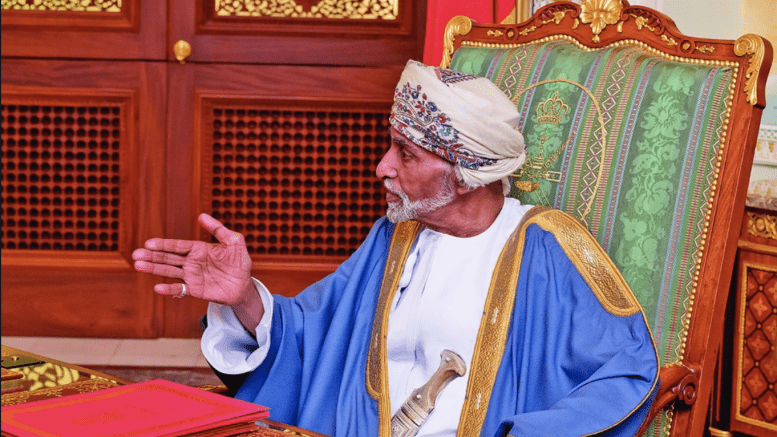- More by Omar Bishara
China shows it’s importance to Oman by importing 80% of Oman’s oil
More than 80 per cent of Oman’s crude oil is exported to China, according to Li Lingbing, China’s Ambassador to Oman.
Despite the decrease in Chinese imports by 4.41 per cent during December compared to November 2018, China remained the largest buyer of Omani oil, amounting to 87.23 per cent during the month. Making China a very strong and important trading partner to the GCC nation.
She said: “China is the largest importer of Omani oil as it accounts for more than 80 per cent of the export. Relations between Oman and China are strong and there are international agreements between the two countries.”
The Chinese ambassador added: “We are not talking about normal relations, not just oil-dependent relations. We are talking about a strategic partnership. The agreement between His Majesty Sultan Qaboos bin Said Al-Said and Chinese President Xi Jinping last year to upgrade relations between the two countries to strategic partnership means that such close ties will not be affected by any other events.”
Since you’re here …
… we have a small favour to ask. More people are reading Al-Sahawat Times than ever but advertising revenues across the global media industry are falling fast. And unlike many news organisations, we haven’t put up a total paywall. We want to keep our journalism as open as we can. So you can see why we need to ask for your help. Al-Sahawat Times’ independent, investigative journalism takes a lot of time, money and hard work to produce. But we do it because we believe truly ethical media and an unbias perspective really matters.
“I appreciate there not being a paywall: it is more democratic for the media to be available for all and not a commodity to be purchased by a few. I’m happy to make a contribution so others with less means still have access to information.”
If everyone who reads our reporting, who likes it, helps fund it, the future of ethical media and the futures of our staff and their families would be much more secure. For as little as £1, you can support Al-Sahawat Times and it only takes a minute. Thank you.
This story is available on:
Talk to a journalist
Email: NewsDesk@alsahawat.com
Web: alsahawat.com
Follow Al-Sahawat Times
⬆️ Follow on Instagram
⬆️ Follow on Twitter
⬆️ Follow on LinkedIn
⬆️ Follow on Facebook
⬆️ Follow on YouTube
Read it on FLIPBOARD
Views: 0






